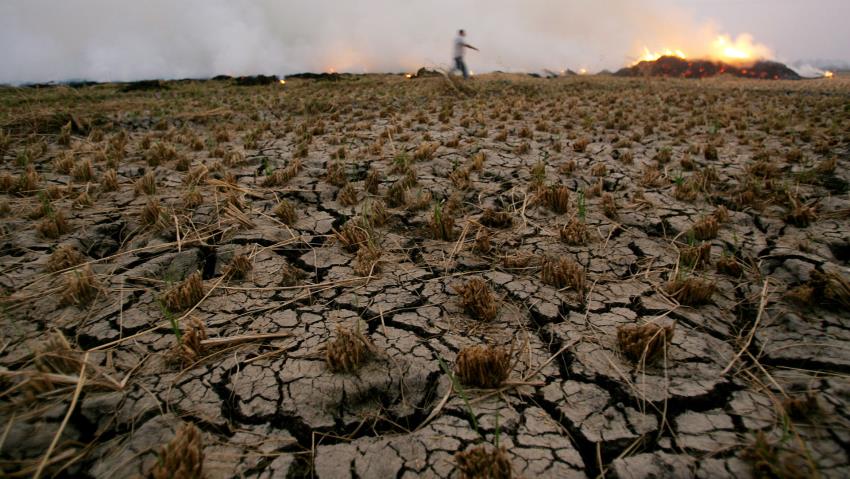Global temperatures in February 2016 spiked by a wider margin than any month ever recorded, according to data released by NASA, prompting increasing concerns about global warming. Scientists reacted to the unprecedented surge by branding the record as a “shocker” while warning of a “climate emergency.” The data from the American agency shows that the global surface temperature in February was 1.35 degrees Celsius warmer than the average temperature for the same month between 1951-1980. The record temperatures for the month of February are not an isolated occurrence but are rather part of a wider trend. NASA did not just confirm that February was the warmest month on record but also that the two months prior had risen above the global norm as well. February was, in other words, the third consecutive month to break the global temperature record. While January had reached 1.14°C, December last year hit 1.1°C. According to preliminary prognoses, the first half of March 2016 has seen the trend continue. The average global temperature is expected to increase by 1.5°C more than the average for the month of March during the reference period 1951-1980. Gavin Schmidt,…
‘True Shocker’: February Shatters Global Temperature Record, Says NASA
March 15, 2016



